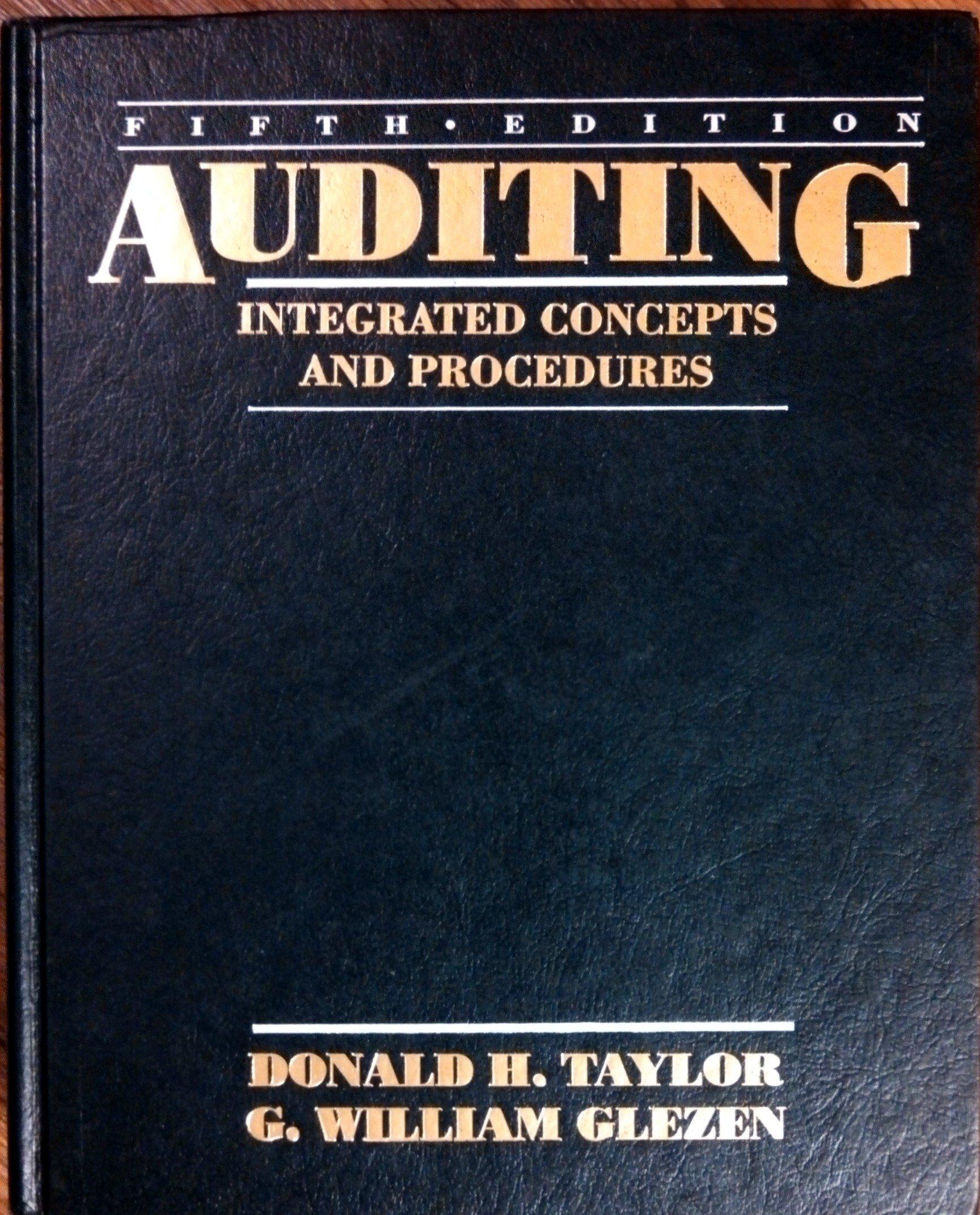Question
Your uncle is employed as the controller of Company J, an audit client of your firm. You are asked to serve on the Company J
Your uncle is employed as the controller of Company J, an audit client of your firm. You are asked to serve on the Company J audit team. You are pretty sure that the independence rules do not prohibit you from serving on the audit team because technically your uncle is not a "close relative." You have a close relationship with your uncle and see him on a regular basis. Should you disclose this relationship to your firm? Why? 3. Certain "personal" independence rules (such as prohibitions on stock ownership in an audit client) apply to a professional's close family members. State why you believe this is so. 4. What types of nonaudit services might affect a firm's independence? 5. There are generally considered to be "five areas of independence": (1) financial interests, (2) business relationships, (3) employment relationships, (4) scope of services, and (5) fee arrangements. Do you consider any one of these a greater threat to independence than any of the other areas? Why? 6. Your audit client, Ben's Auto Dealership, offers you and other members of your firm a deep discount on vehicles remaining on their lot at year-end. These discounts are not available to anyone else. Fresh out of college, your car is old and unreliable and you are tempted to purchase one of these cars. Personally, you do not believe purchasing the car would have any effect on your objectivity. a. If you take the discount, have you compromised your independence? Why or why not? b. Would you feel differently if the discount you received was equal to that available to all other customers (i.e., the general public)? Would that be acceptable? Why or why not?
7. An audit client of Lindsay & Lee, CPA's wants the firm to perform tax services but insists that the services be billed only if the client receives certain tax benefits as a result of the firm's services (i.e., a "contingent fee"). If tax benefits were identified, the fee would be 10% of the benefit received. Do you think the fee arrangement presents a conflict? Refer to the applicable Sections of the AICPA Code of Professional Conduct, SEC Regulation S-X, and the PCAOB Ethics and Independence rules in your response.
Step by Step Solution
There are 3 Steps involved in it
Step: 1

Get Instant Access to Expert-Tailored Solutions
See step-by-step solutions with expert insights and AI powered tools for academic success
Step: 2

Step: 3

Ace Your Homework with AI
Get the answers you need in no time with our AI-driven, step-by-step assistance
Get Started


